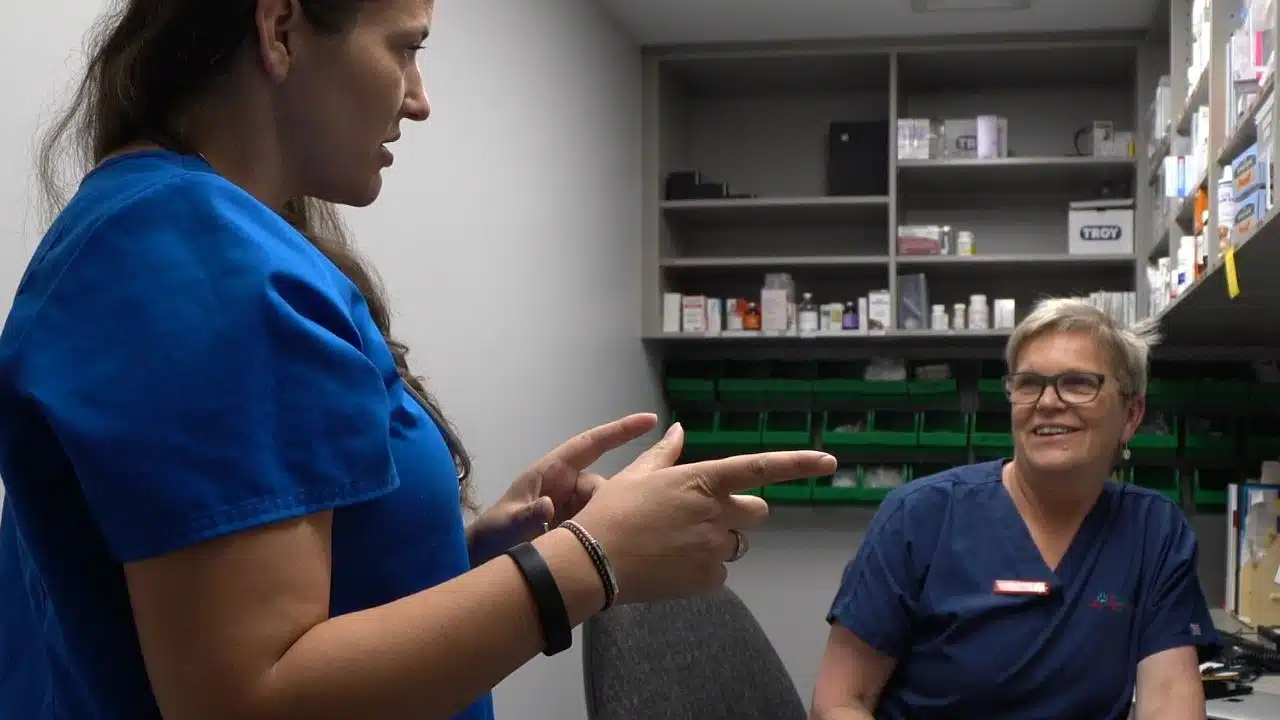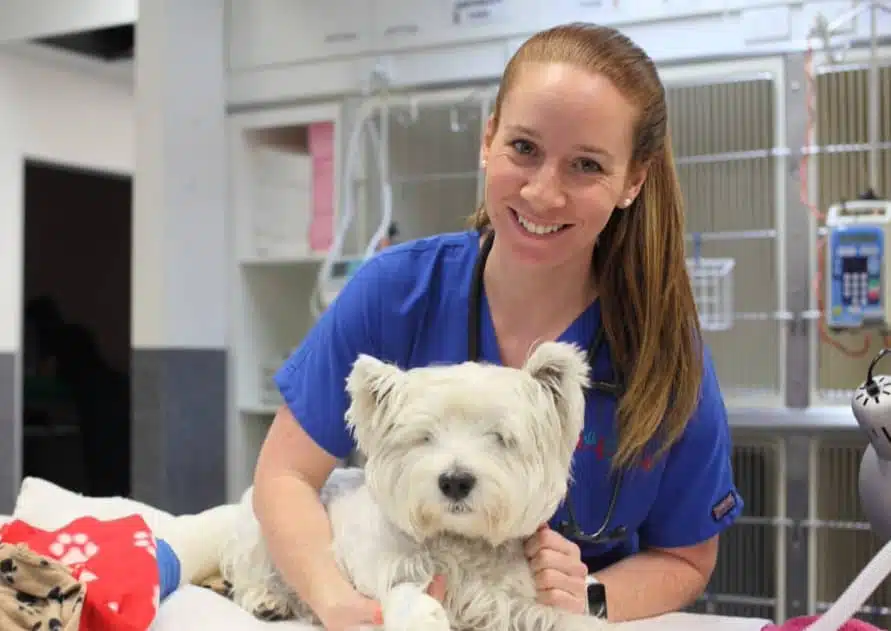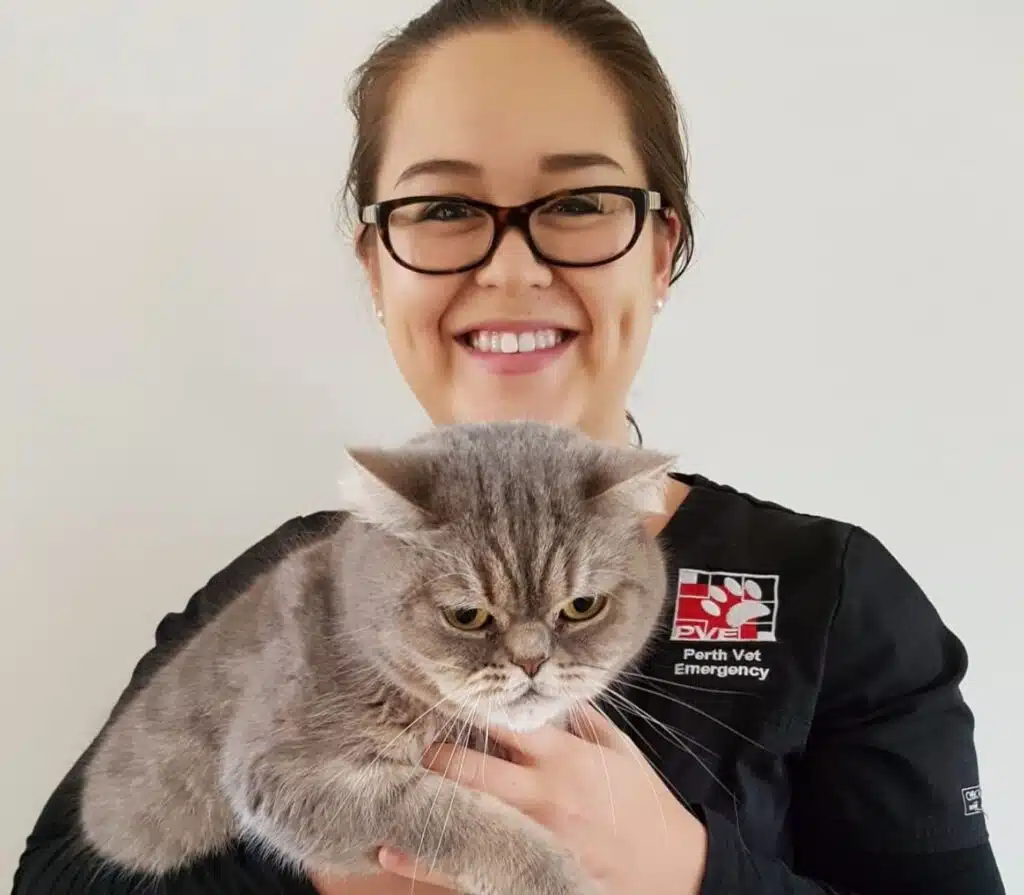Congratulations, soon-to-be veterinarians! You’ve put in the hard work, almost completed your studies, and now you’re ready to embark on the first step of your veterinary career. Landing your first job in the field can be both exciting and daunting, but with the right approach, you can set yourself up for success. So let’s talk about some practical tips that’ll help you nail your first vet job:
Start Networking Early
Starting your networking journey early can significantly impact your career in veterinary medicine. Begin by attending industry events such as conferences, workshops, and seminars. These are valuable opportunities to meet professionals in the field, learn about the latest advancements, and gain insights into various career paths within veterinary medicine.
There are so many different ways to network in the veterinary profession! Utilise online platforms such as LinkedIn or Facebook groups to connect with professionals and participate in discussions. Online networking allows you to reach a broader audience and stay connected with industry trends and opportunities.
Remember, networking is not just about building connections; it’s also about nurturing them. Stay in touch with your contacts, follow up after meetings or events, and show genuine interest in their work. Building strong, authentic relationships can open doors to exciting opportunities.

Focus on Practical Experience
Gaining practical experience in veterinary medicine is essential for building your skills, confidence, and credibility in the field. Seek out internships, externships, and volunteer opportunities that allow you to work alongside experienced veterinarians and technicians. These hands-on experiences will not only enhance your clinical skills but also give you valuable insights into the day-to-day realities of veterinary practice.
Additionally, consider participating in research projects or extracurricular activities related to veterinary medicine. These experiences can demonstrate your commitment to the field and showcase your ability to balance academics with practical experience.
Remember, the more hands-on experience you gain, the more confident and competent you will become as a veterinary professional. Every opportunity to work with animals and learn from experienced practitioners is an investment in your future career success.
Customise Your Resume for Your First Vet Job
Customising your resume is crucial if you want to nail your first vet job. To find out how, be sure to check out our guide to the perfect veterinary resume! Your resume should not only highlight your education and qualifications but also showcase your relevant skills, experiences, and accomplishments (both within vet school and beyond).
Start by tailoring your resume to the specific job you’re applying for. Carefully review the job description and identify the key skills and attributes the employer is looking for. Then, customise your resume to emphasise how your experiences align with these requirements.
For example, if the job involves working with a specific type of animal or in a particular area of veterinary medicine, showcase any relevant experience or coursework you’ve completed in that area. Consider also what other applicable transferrable skills you might have that can assist you in your application.

Make the Most of Online Resources
In today’s digital age, online resources play a crucial role in job searching and career development for veterinary professionals. When looking for your first veterinary job, take advantage of online job boards, professional networking sites, and veterinary association websites.
Job boards such as Indeed, Seek, and even our own Careers at AEA list a wide range of veterinary job openings. These platforms allow you to search for jobs based on location, specialisation, and experience level, making it easier to find opportunities that match your criteria.
Professional networking sites like LinkedIn can also be valuable tools for job seekers. Create a compelling profile that highlights your skills, experiences, and career goals. Join veterinary-related groups and engage with other professionals in the field to expand your network and stay updated on industry trends.
Find a Veterinary Mentor
Seeking mentorship can be a game-changer in your journey to landing your first veterinary job. A mentor can offer guidance, support, and valuable insights based on their own experiences in the field. We’ve even put together a detailed guide on everything you need to know about veterinary mentorship.
When looking for a mentor, consider reaching out to experienced veterinarians you admire or who work in a setting you aspire to join. A mentor can provide advice on career decisions, help you navigate challenges, and offer perspective on the industry.
To find a mentor, attend industry events, networking gatherings, and conferences where you can meet potential mentors face-to-face. Additionally, consider joining mentorship programs offered by veterinary associations or organisations, which can pair you with a mentor based on your interests and goals.
Remember, mentorship is a two-way street. While your mentor can offer valuable insights and advice, it’s important to also be proactive in seeking out opportunities for growth and development. By fostering a positive and mutually beneficial relationship with your mentor, you can gain valuable knowledge and support as you navigate your early career in veterinary medicine.

Be Open-Minded – Your First Vet Job is Just the Beginning
Being flexible and open-minded is key to navigating the early stages of your veterinary career. While you may have a clear idea of your ideal first vet job, being open to different opportunities can lead to unexpected and rewarding experiences.
Your first veterinary job may not be exactly what you envisioned, but it can be a stepping stone to future opportunities. Consider roles that may not be your dream job but offer valuable experience and growth potential. These experiences can help you build skills, expand your network, and clarify your career goals.
Additionally, be open to different settings and types of exciting work within veterinary medicine. Explore opportunities in general practice, emergency care, specialty clinics, research, or public health. Each setting offers unique challenges and rewards that can help you grow both personally and professionally.
Remember, your first job is just the beginning of your veterinary career. Stay open to new opportunities, be willing to take on challenges, and continue learning and growing. With a flexible and open-minded approach, you can build a successful and fulfilling career in veterinary medicine.
Remember, landing your first vet job is just the beginning of your career journey. Stay dedicated, continue learning, and don’t be afraid to take risks. With persistence and passion, you can build a successful career in veterinary medicine. If you have any further questions, please don’t hesitate to reach out to us! We’re always here to help in your veterinary journey.




